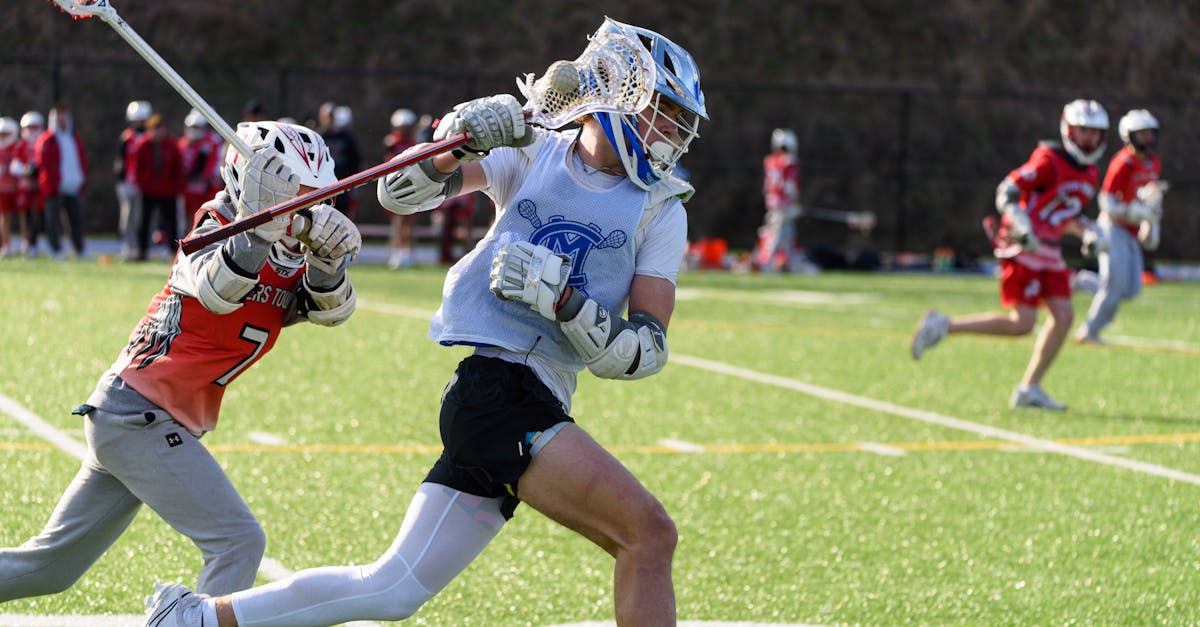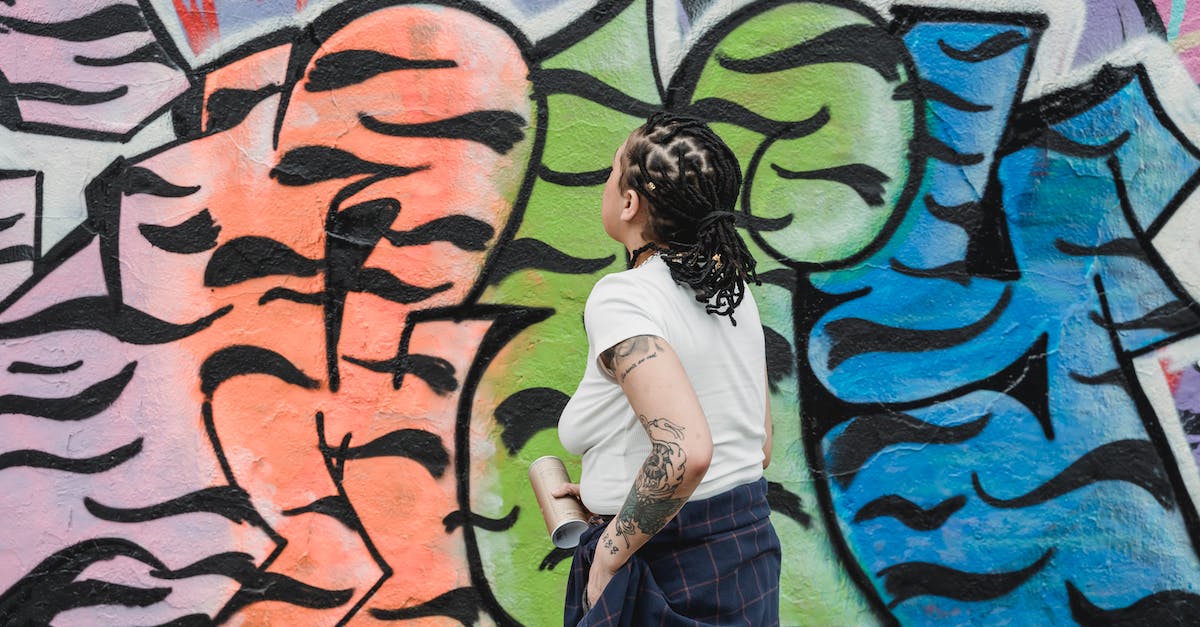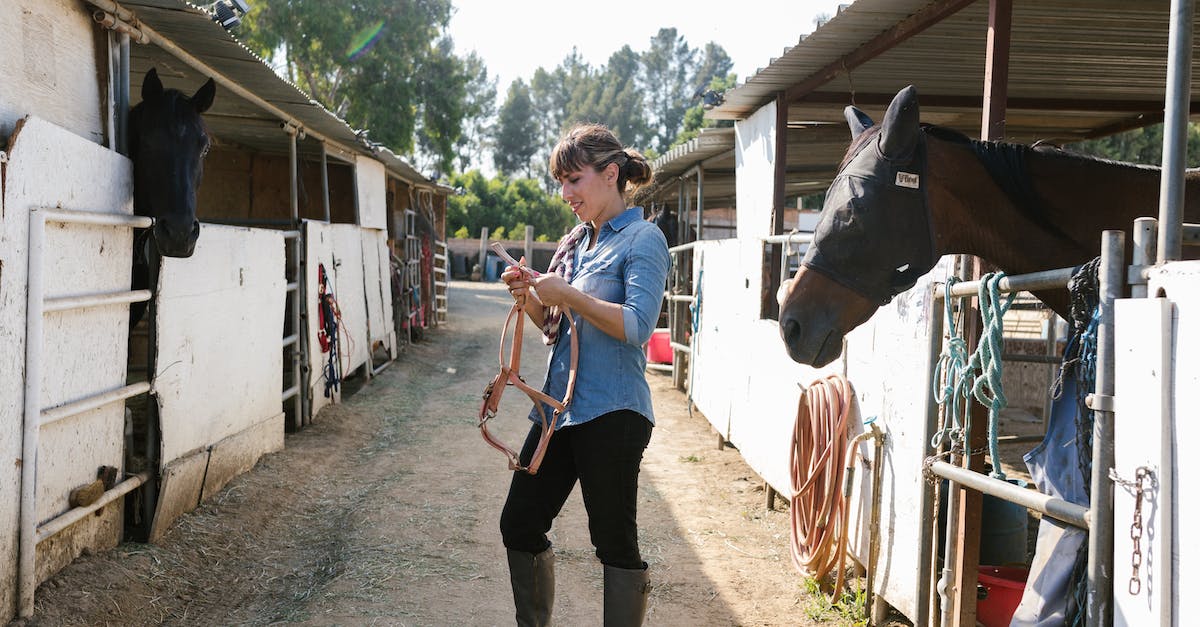“Unleashing Unhinged Hilarity: A Look at the Deli Boys’ Comedy Style”

Tropes—consider the devoted physician, the technology enthusiast, the wise spiritual leader, the bearded extremist—Hulu’s Deli Boys emerges as a burst of vibrant energy. Set in Philadelphia, this series immerses its audience in the tumultuous lives of two privileged Pakistani American siblings who inherit their deceased father’s complex venture: a corner deli operation that simultaneously serves as a façade for an extensive illicit business.
Developed by Abdullah Saeed, a former producer at Vice Media and host of the James Beard Award-nominated series Bong Appé***, the program presents dark comedy through a distinctly cultural perspective.
Portraying Aunt Lucky, the family’s mysterious, astute, and somewhat disquieting matriarch is Poorna Jagannathan (Never Have I Ever). Comedian Asif Ali (The Mandalorianand writer-actor Saagar Shaikh (Ms. Marvelfeature as the hapless siblings—Mir, the younger and more straight-laced brother, alongside his carefree party-loving brother Raj. Their relationship oscillates between comical disputes and a genuine, albeit reluctant, sense of loyalty as they navigate a series of absurd escapades: pursuit of a nearly lifeless naked man through their neighborhood and forming an unlikely friendship with a corpse disposal expert heavily scented with Drakkar Noir.
Smuggling cocaine bricks concealed within jars of achaar (pickleand pursuing their father’s elusive whereabouts — all while evading the FBI, criminals, and the notorious **** Blinders.
Produced by Onyx Collective, a sector of Disney Entertainment dedicated to showcasing content from creators of color and other marginalized groups, this series presents a narrative that feels remarkably innovative, even revolutionary, in its straightforwardness. Deli Boys portrays individuals of South Asian descent as they truly are — simply individuals; no embellishments, no exaggerations. “The ordinariness of our story, which is given space to unfold without an overt moral lesson on racial identity, is precisely what enhances its authenticity.
“binary,” states Jagannathan.
The series has garnered a diverse array of admirers, yet its significance within the South Asian community is particularly noteworthy. In honor of the show’s debut, The Third Place, a creative collective led by South Asians, transformed the Kolkata Chai café in New York City into an immersive environment, attracting an impressive audience. The extraordinary success of this event—alongside the series itself—underscores the profound appreciation for Deli Boys among a community eager for genuine representation.
As the excitement surrounding Deli Boys continues to escalate, we engaged in a discussion with the principal actors Jagannathan, Ali, and Shaikh to delve into the themes of the show.
adventure, its cultural intricacies, and the unforeseen mth underlying the humor.
Asif, what is a prevailing cultural stereotype regarding the South Asian community that Deli Boys seeks to address? Asif Ali: The assumption that we are all just compliant, pleasant individuals. There exists a notion, particularly perpetuated by the media, that our only roles are either that of terrorists or subservient characters who exist in the background, delivering a couple of lines while eagerly waiting to cater to others’ needs. With the availability of ten episodes in our series, viewers have the opportunity to focus on these individuals at the forefront, allowing them to witness their dynamic personalities being showcased.
of **** and humanity. That alone constitutes significant progress.
Poorna, what intentional efforts did you make to steer clear of reinforcing stereotypical narratives while instead providing a more intricate representation of Aunt Lucky? Poorna Jagannathan: I don’t believe I actively sought to avoid anything. The essence lies in the writing itself. Abdullah Saeed aimed to create a narrative that was not moralistic regarding identity… His focus was on humor. This reflects his comedic style. He thoroughly enjoys reading his own work, anticipating that others will share in the laughter. In fact, the three of us find it quite amusing.
Conclusion
In conclusion, “Deli Boys” is not just a series; it’s a bold declaration that challenges and reshapes the narrative surrounding the South Asian community. By placing diverse, complex characters in the spotlight, we invite viewers to recognize the vibrant individuality that often goes overlooked. Our ten episodes serve as a platform to dismantle the stereotypes that have long defined us, offering a fresh perspective that emphasizes authenticity over caricature. Asif Ali and the talented team behind “Deli Boys” aim to inspire a deeper understanding and appreciation for the rich tapestry of experiences within the South Asian community. We hope this series encourages audiences to embrace the full spectrum of our humanity, proving that there’s so much more to us than the simplistic roles we’ve been assigned. Join us in this journey of discovery and celebration—because everyone has a story worth telling.







